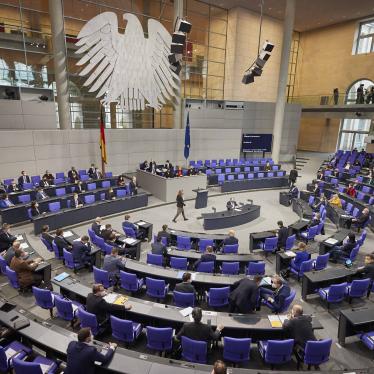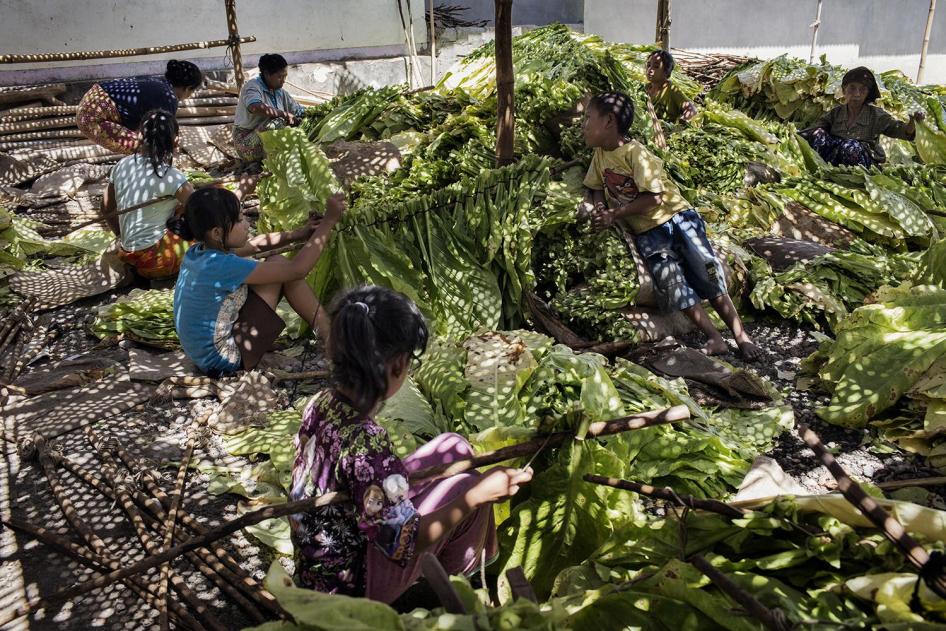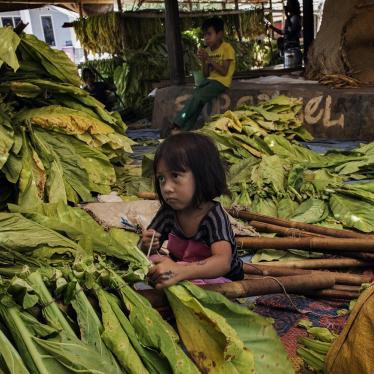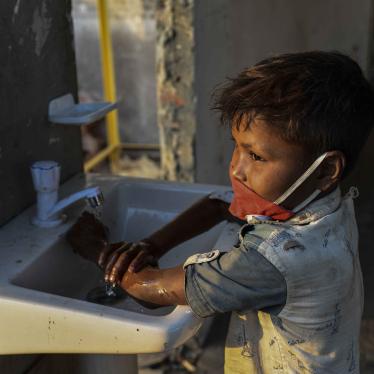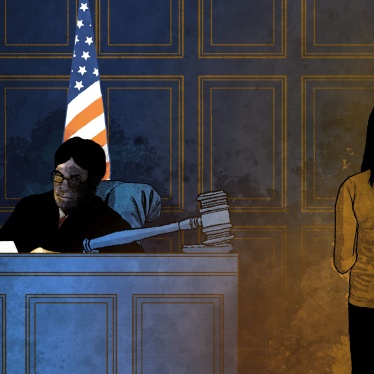The world reached an important milestone this week in the fight to end child labor. All 187 member countries of the International Labour Organization (ILO) have now ratified ILO Convention No. 182 on the Worst Forms of Child Labor, committing to eliminate hazardous work endangering children around the world.
Tonga’s ratification of the convention yesterday marks the first time in history that a labor convention has achieved universal ratification. Ratification of ILO treaties catalyzes national reforms, and translates to concrete change on the ground.
Global commitment to end child labor is sorely needed, as experts warn the Covid-19 pandemic could reverse decades of progress. Widespread school closures and the economic hardships families are facing mean more children are at risk of missing out on education and getting involved in dangerous work. In May, UNICEF and Save the Children reported that without urgent action 672 million children could be living in poverty by the end of 2020, an increase of 15 percent in one year.
I’ve spoken to many children involved in hazardous child labor. Children in the Philippines relayed stories of diving into cold, deep, waters to mine for gold, breathing through an oxygen tube clenched between their teeth, and using toxic mercury to process gold they found.
In Indonesia, the United States, and Zimbabwe, children working on tobacco farms described backbreaking work cultivating and harvesting tobacco. Many told me they vomited, felt nauseous or dizzy, or got searing headaches while working with the plants – all symptoms of acute nicotine poisoning, which happens when nicotine is absorbed through the skin.
Poverty frequently drives children out of school and into child labor. Governments should invest in social protection programs to support families living in poverty, remove barriers to education for all children, and create strong laws and policies to identify and root out the worst forms of child labor.
Today is a day to celebrate. Universal ratification of the ILO Convention No. 182 is an important sign of a global commitment to ending hazardous child labor. But governments should take concrete action to protect all children from such work. And given new challenges posed by the pandemic, it is more important than ever.
|
Dispatches
Historic Commitment to End Worst Forms of Child Labor
Governments Pledge to Root Out Hazardous Work, but More Protections Needed
Your tax deductible gift can help stop human rights violations and save lives around the world.
Topic
Most Viewed
-
April 12, 2024
Belarus Calls LGBT Lives ‘Pornography’

-
November 25, 2019
A Dirty Investment

-
June 24, 2022
Q&A: Access to Abortion is a Human Right

-
April 9, 2024
Gaza: Israel’s Imposed Starvation Deadly for Children
-
April 12, 2024
Germany: Landmark Vote for Trans Rights Law
